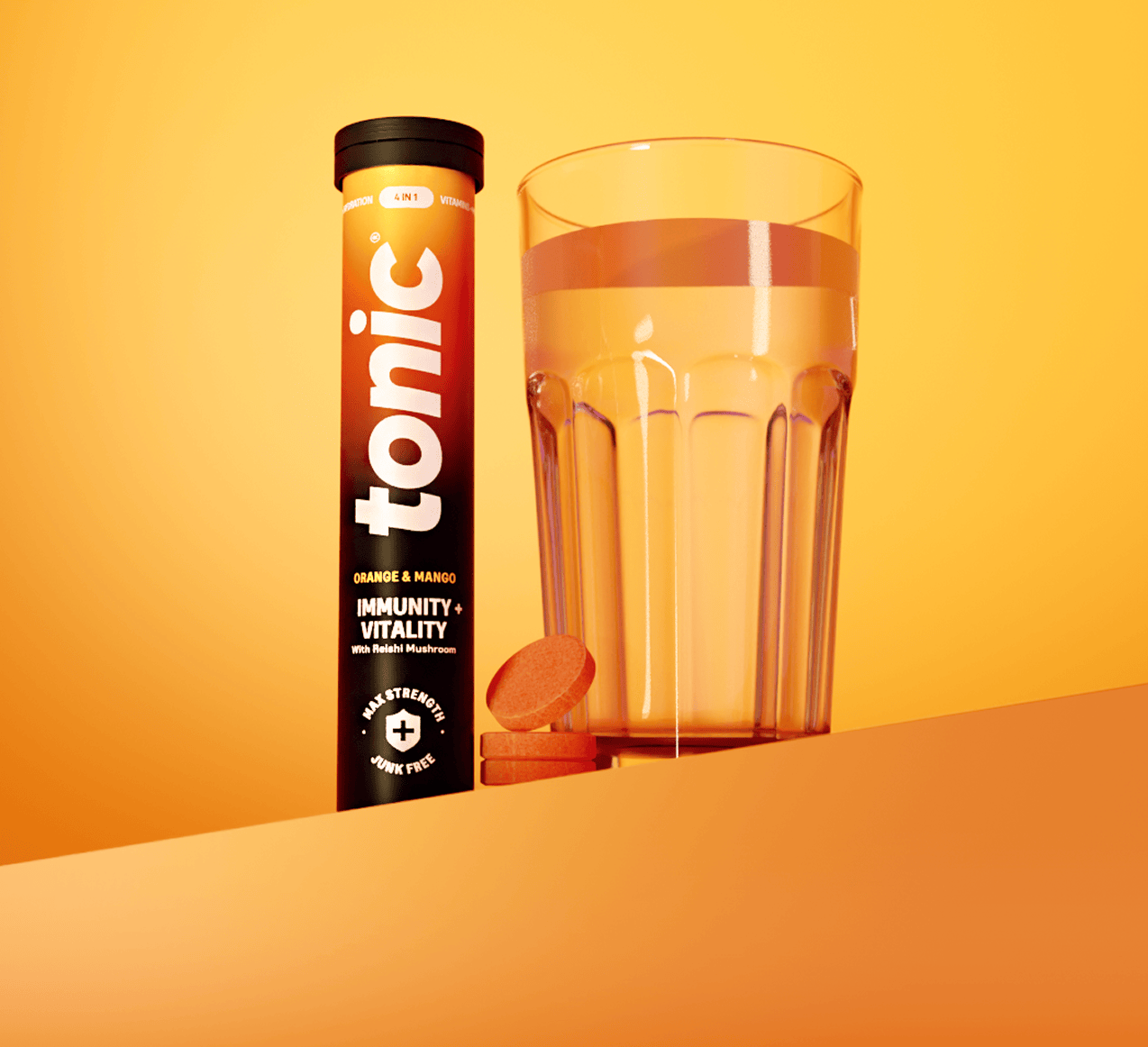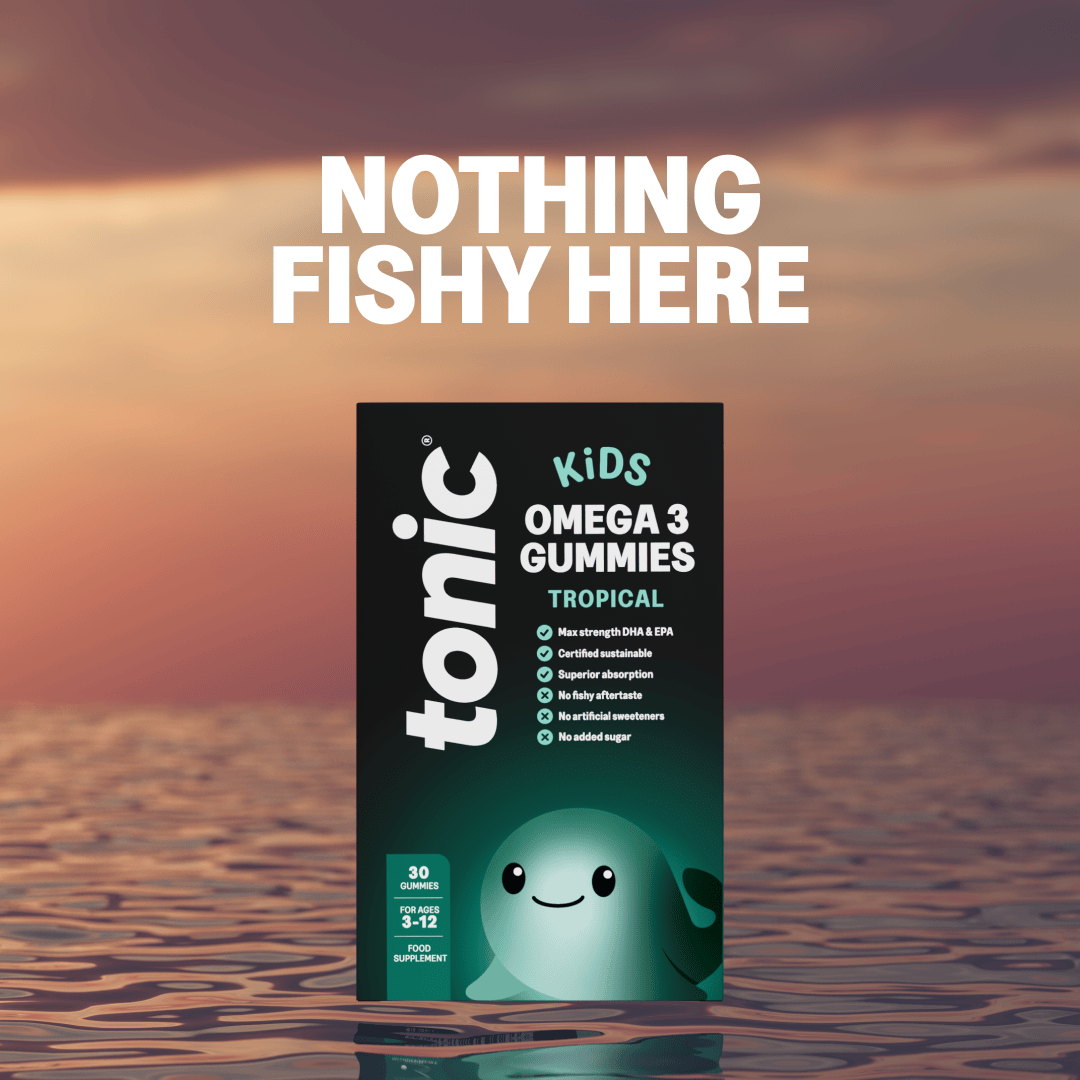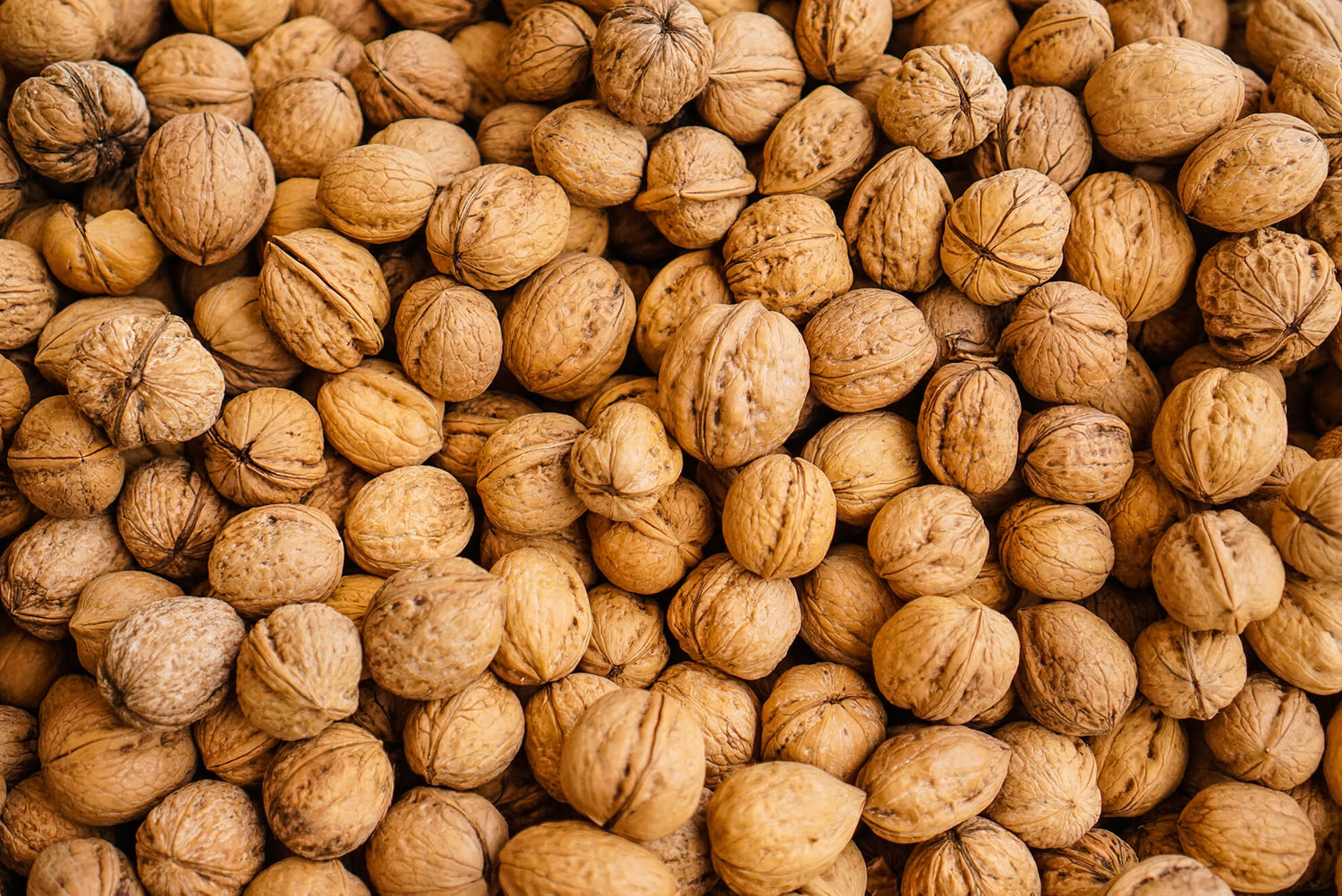What’s a polyphenol, you ask? Let’s find out...
A natural support to good health
Some of the ways certain sources refer to polyphenols can be a little confusing, so we’ll explain it as simply as we can here.
In a nutshell (often quite literally), polyphenols are natural chemicals that you’ll find in plant-based foods and beverages such as apples, berries, plums, citrus fruits, tea, coffee, herbs, spices and – of course – nuts, to name just a handful of examples.
The ‘natural’ bit is important to underline, with this chemical serving the purpose of shielding the plant from damage or destruction by ultraviolet radiation, pests or other threats.
Now, you might imagine that if a compound like this has such benefits for a plant, it could also have similarly protective effects for the people consuming them.
Polyphenols can be broadly divided into the four categories of flavonoids, stilbenes, lignans and phenolic acids. Flavonoids, for instance, can be obtained from the likes of berries, spices, nuts and dark chocolate, and may actually be better known than polyphenols in general.
Onions, olives and cocoa, meanwhile, are a fine source of phenolic acids. Stilbenes are mainly found in grapes and berries. And as for lignans, you’ll find 75 to 800 times more of them in flaxseed than in any other plant foods.
So, what’s the connection to immunity?
Polyphenols are especially interesting from an immunity perspective due to their status as the most abundant antioxidants in the diet.
Polyphenols work with the bacteria in your gut to support the health of your gut and the entire body, with gut microbes influencing the amount of polyphenols that are actually absorbed by the body and thereby able to positively benefit your health.
The prebiotic effects of polyphenols – by which we mean, how they help to increase levels of healthy bacteria, while inhibiting the growth of possibly pathogenic bacteria like salmonella and staphylococcus – are also significant.
Such processes can be instrumental in protecting against gastrointestinal disorders and pathogens, as well as the modulation of the immune system to prevent inflammation.
The science backs up the great track record of polyphenols
Polyphenols may not be household names as far as natural chemicals go, but maybe they should be.
After all, it’s been suggested by researchers that the antioxidant qualities of polyphenols “may affect various aspects of both innate and adaptive wings of the immune system by shifting pro-oxidant/antioxidant balance toward antioxidant.”
Another study into the relationship between polyphenols and immunity, in 2018, also drew attention to the issue of immune system imbalance, and how this can lead to various diseases in humans.
The authors of that study – Sujuan Ding, Hongmei Jiang and Jun Fang, all of Hunan Agricultural University in China – outlined that polyphenols use various pathways to promote immunity to foreign pathogens.
They observed: “Different immune cells express multiple types of polyphenol receptors that recognise and allow cellular uptake of polyphenols, which subsequently activate signalling pathways to initiate immune responses.”
Don’t underestimate the part that polyphenols can play
With so much yet to be understood about polyphenols and exactly how they work in the body, it seems certain that these antioxidant-rich compounds and their role in health will become even better appreciated in the years to come.
In the meantime, continue to eat a varied diet to enjoy all the delicious sources of polyphenols on the menu.
Additional sources:
https://www.ultrawellnesscenter.com/2019/07/08/polyphenols-what-they-are-and-why-you-need-them/
https://www.water-for-health.co.uk/our-blog/2017/04/what-are-polyphenols-all-you-need-to-know/






Leave a comment
All comments are moderated before being published.
This site is protected by hCaptcha and the hCaptcha Privacy Policy and Terms of Service apply.